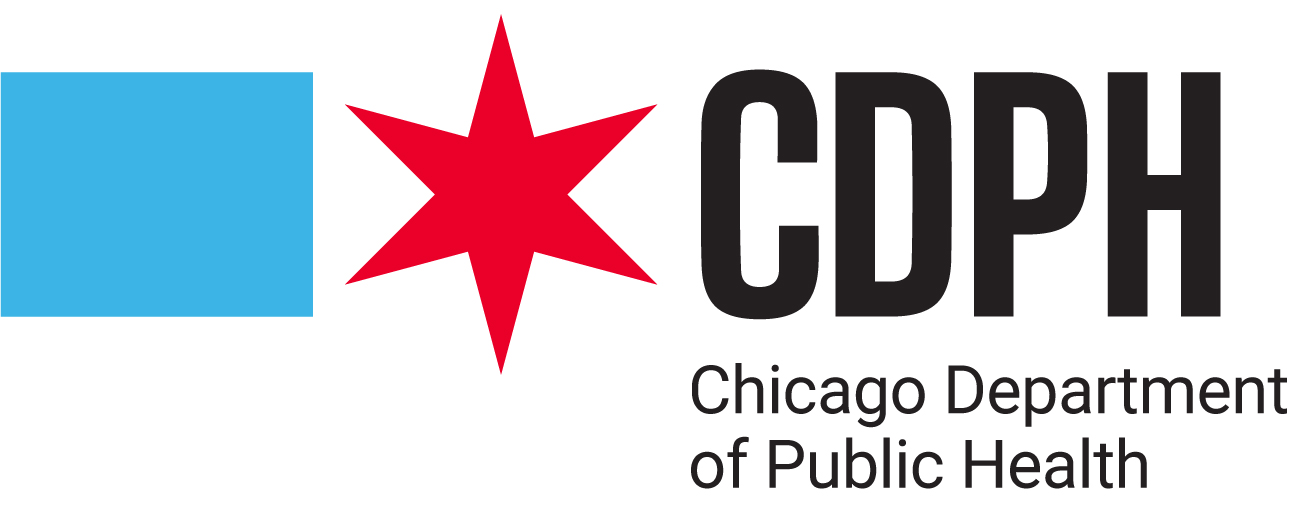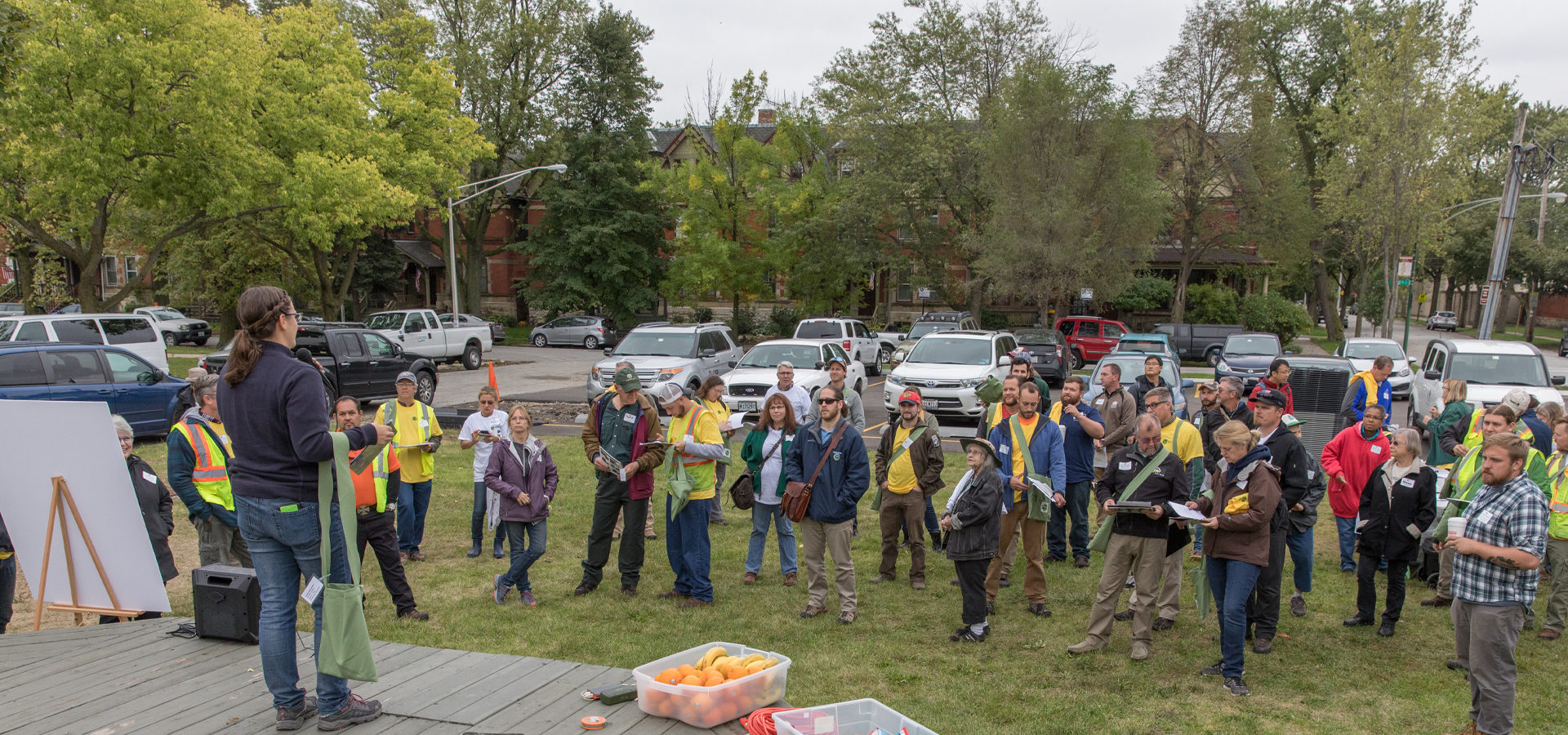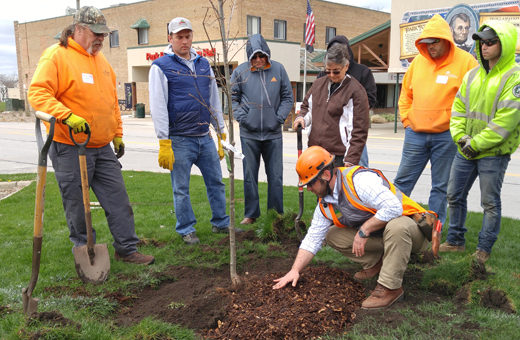The Chicago Department of Public Health (CDPH) provides guidance, services, and strategies that make Chicago a healthier and safer city. CDPH programs include Healthy Communities, Healthy Living, and many others. Additionally, the CDPH has developed a Tree Equity Tool to help prioritize Chicago neighborhoods for action to improve the health benefits of trees.





















